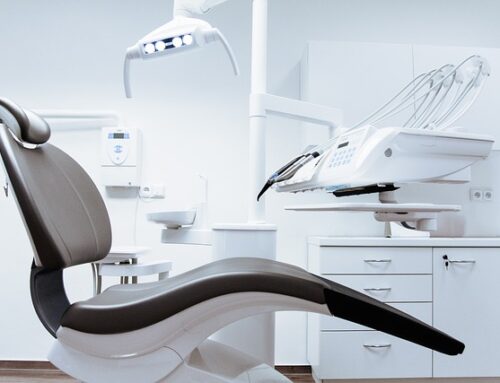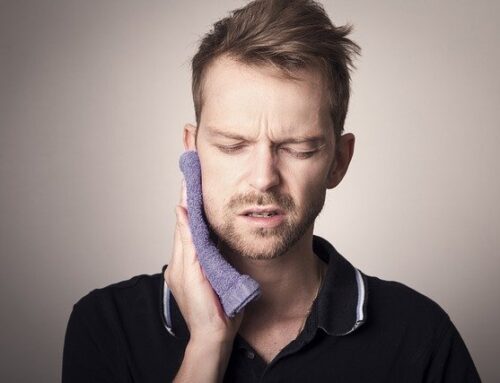Temporomandibular joint disorder (TMD) causes pain when the joints on the side of the jaw are not working correctly. This is especially harmful for older adults who tend to be diagnosed with TMD and receive temporomandibular joint (TMJ) pain treatment more often than others. But why?
Here are some reasons why older adults are more likely to receive treatment for their jaw pain and discomfort than others.
Gradual decline of muscle strength. As people age, they experience a gradual decline of muscle strength. This is often due to the deterioration of parts that bind the jawbone to the skull. It is important to pay attention to this.
Weaker joints. The joints that hold a person’s muscles together can get weaker with age. Those joints can also deteriorate with age. Either way you look at it, it is important for our older patients to pay attention to how they are feeling.
Position of discs in jaw. As people continue to age, the miniscule discs that absorb shock around the jaw can move out of the correct position over time. Again, it is important to educate our older patients so they can be aware of any harmful changes in their jaw or around their jaw.
Extensive dental restorations. There can also be issues involved with extensive dental restorations such as crowns and dentures. With these restorations, there is a greater chance for older patients to develop TMD if they are not correctly placed.
Trauma. As we already know, trauma can cause TMD in patients of any age. If an older patient went through an accident that resulted in a dislocation of their jaw, it can eventually lead to TMD.
Bruxism. Older patients can also develop TMD if they have bruxism, or teeth grinding, because it can cause muscle spasms. In the long run, this can lead to changes in the alignment of their teeth. Misaligned teeth can also cause increased rates of deterioration of the tissues around the jaw, which can then lead to TMD.
Rheumatoid arthritis. If your older patient has rheumatoid arthritis, it can lead to inflammation in their joints. This can also progressively cause the destruction of cartilage. It can eventually cause joint deformity.
Pay close attention to the health of your older patients in order to prevent further complications and development of TMD.





